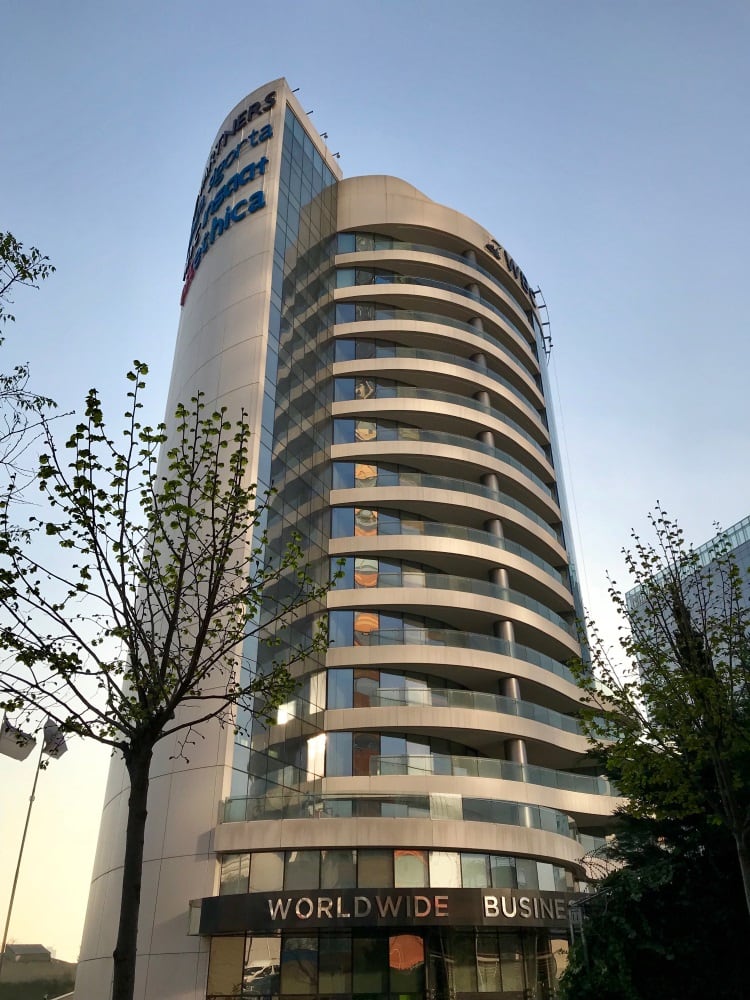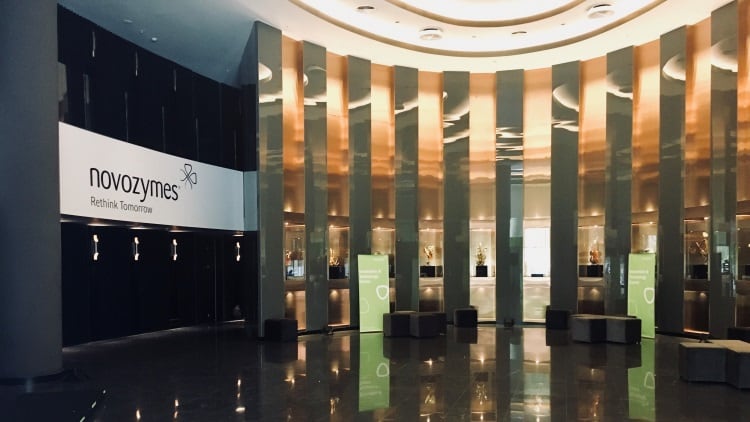According to Andrew Fordyce, EVP for F&B, Novozymes, the MEA region is an important growth driver for the biotechnology company.

“Last year, the food and beverage division reported a 9% growth and a nice part of that came from Middle Eastern Africa development, especially our baking and brewing businesses,” he told BakeryandSnacks.
“We're starting to see what I would call the establishment of critical mass and it makes sense to invest in more commercial resources into emerging markets, for example, Turkey, and the Middle East and Africa in general.”
“[The center] is a modest investment from an overall dollar or corona viewpoint, but it’s an important one for the region and the first of its kind when it comes to technology and an application development center in the Middle East,” he added.
Tailored to MEA needs

The 700m2 (753 square feet) facility will allow clients to work with Novozyme specialists within a fully-equipped bakery environment tailored to produce the bread types prevalent in MEA.
“We believe in working with our customers to use enzymes and microorganisms to help them improve both the quality and the sustainability of their food and beverage products,” said Fordyce.
He added the initial focus of the center will show baking customers the full potential of enzymes – such as those tailored for flour correction, dough strengthening and extending freshness.
As with Western style breads, if not used within a few days, the traditional Middle Eastern flatbread becomes stale and brittle, losing its ability to be folded.
Nourishment and function
In the region, an important function of the flatbread is its ability to be folded and used as an eating utensil to scoop up meat, rice, vegetables and sauces.
However, data from Turkey’s Bread Producers Federation revealed that between 10% and 20% of the 120 million loaves of bread produced daily is wasted, thrown out by consumers because flatbread becomes inflexible.

“After a few days, the problem isn’t so much that the inner crumb becomes stale, sticky and crunchy, but the whole flatbread becomes inflexible so that you can’t fold it anymore,” said Fordyce.
“[At the Innovation & Technology Centre], we will be specifically working to improve the longevity of the flexibility of the bread, and also improve the crumb quality.”
Bakers will be able to produce better tasting as well as healthier breads, said Fordyce, but more importantly, “we will also help to reduce a major source of food waste.
“Enzymes are nature’s own toolkit for making more with less, so regionally-tailored enzymatic solutions have huge potential to help solve this challenge,” he said.
Novozymes is a global leader in the industrial biotechnology space, investing around 13% of annual sales in advancing new application areas, and R&D in the enzyme and micro space.
Headquartered in Bagsværd outside of Copenhagen, Denmark, the company employs more than 6,500 people in operations around the world, including China, India, Brazil, Argentina, South Africa, the UK and US, and Canada.
The Nasdaq listed company posted a 3% sales growth to DKK 14.53bn ($2.4bn) for FY 2017.

